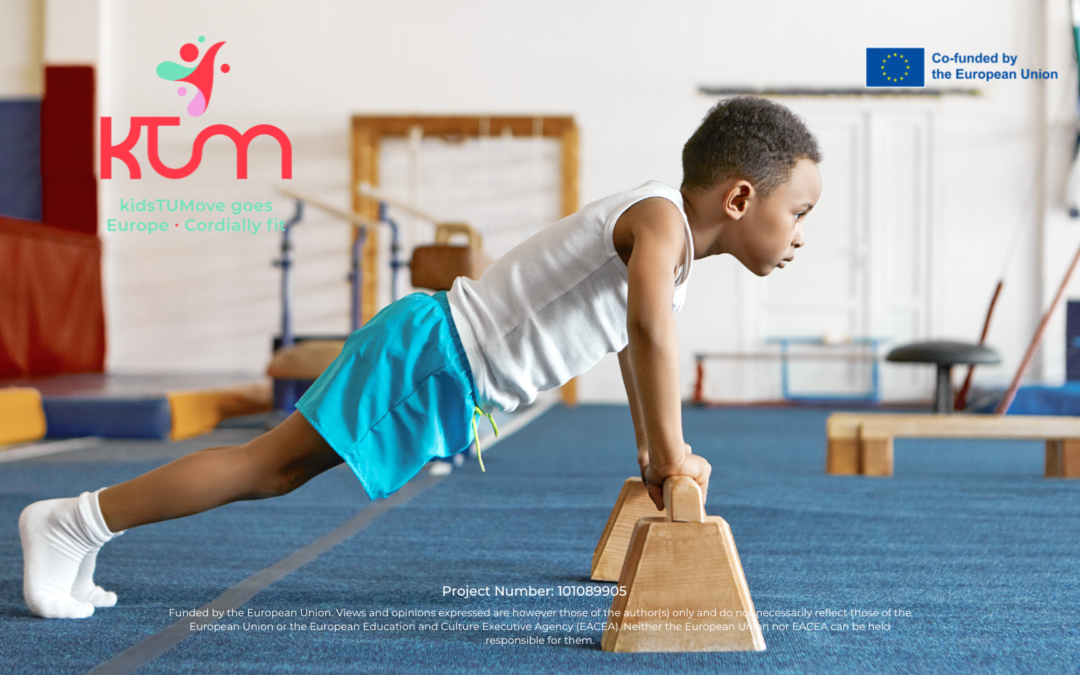Increasing participation in sports activities for children with chronic illnesses is incredibly important for several reasons:
Physical health benefits: Regular physical activity can improve overall physical health and fitness levels. For children with chronic illnesses, engaging in appropriate sports activities can help strengthen cardiovascular function, improve muscle strength and flexibility, enhance coordination, as well as promote healthy weight management and bone density. Physical activity can also help improve respiratory function, joint mobility, and overall physical endurance.
Psychological well-being: Engaging in sports activities can have significant psychological benefits for children with chronic illnesses. Physical activity releases endorphins, which are natural mood-boosting chemicals that can help reduce stress, anxiety, and symptoms of depression. Participating in sports can also improve self-esteem, promote a positive body image, enhance cognitive function, and provide a sense of accomplishment and empowerment. Last but not least, sports promote social interaction, teamwork, and friendship, which can enhance a child’s self-confidence, self-esteem, and sense of belonging.
Disease management: Regular exercise can play a significant role in managing symptoms and reducing the impact of chronic diseases. It can help control blood pressure, blood sugar levels, and cholesterol levels. Additionally, physical activity can improve lung function, joint mobility, and overall physical endurance, which can positively affect the management of various chronic conditions.
Improved quality of life: Regular participation in sports activities can enhance the overall quality of life for children with chronic illnesses. It allows them to engage in activities they enjoy, experience a sense of normalcy, and pursue their passions and interests. Physical activity can increase energy levels, improve sleep patterns, and contribute to a sense of happiness and well-being.
Social integration: Sports activities provide opportunities for children with chronic illnesses to interact and socialize with their peers. Participating in team sports or group activities allows them to feel included, develop social skills, build friendships, and experience a sense of belonging. It can also provide a support network of individuals who understand and empathize with their unique challenges, fostering a sense of community and reducing feelings of isolation.
Development of life skills: Sports activities provide an excellent platform for children to develop essential life skills. They learn about goal-setting, perseverance, discipline, and time management. Sports also teach them how to handle both success and failure, work as part of a team, and develop leadership qualities. These skills are valuable not only in sports but also in their personal, academic, and professional lives.
Long-term habits: Encouraging children with chronic illnesses to participate in sports activities fosters lifelong habits of physical activity and promotes a healthy lifestyle. It establishes a foundation for regular exercise, which can have long-term benefits for their health and well-being. By instilling these habits from an early age, children are more likely to maintain an active lifestyle as they grow older, reducing the risk of sedentary behaviors and associated health complications.
Education and empowerment: Engaging in sports activities can help educate children about their chronic illnesses and empower them to take an active role in their own health. By participating in physical activities, they can learn about their body’s capabilities, limitations, and how to manage their condition effectively. This knowledge can promote self-care, adherence to treatment plans, and a proactive approach to managing their health.
Overall, increasing participation in sports activities for children with chronic diseases can have numerous physical, psychological, and social benefits. It plays a crucial role in their overall well-being, disease management, and long-term health outcomes.

